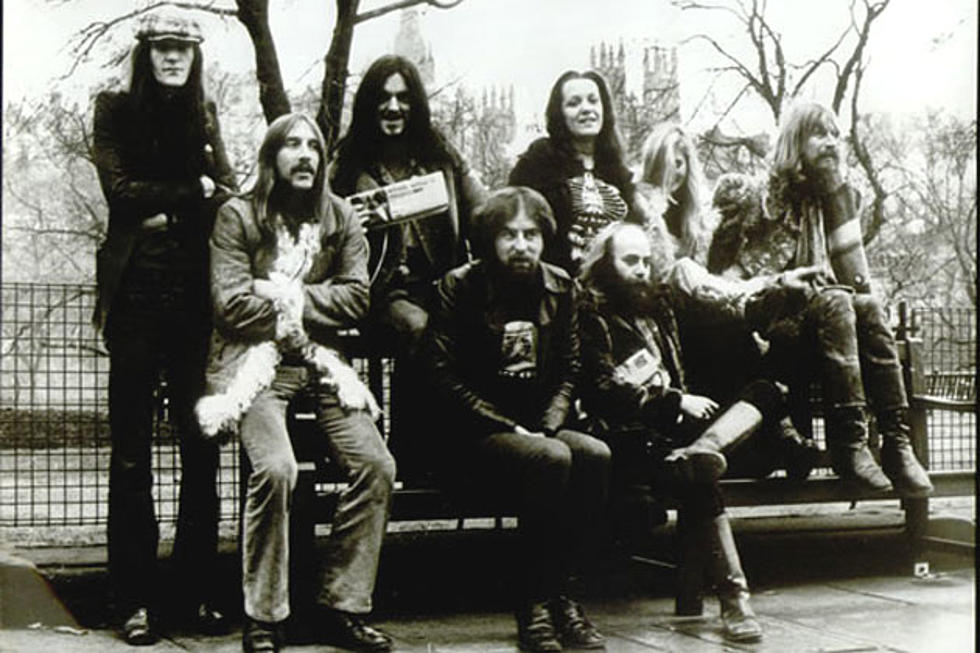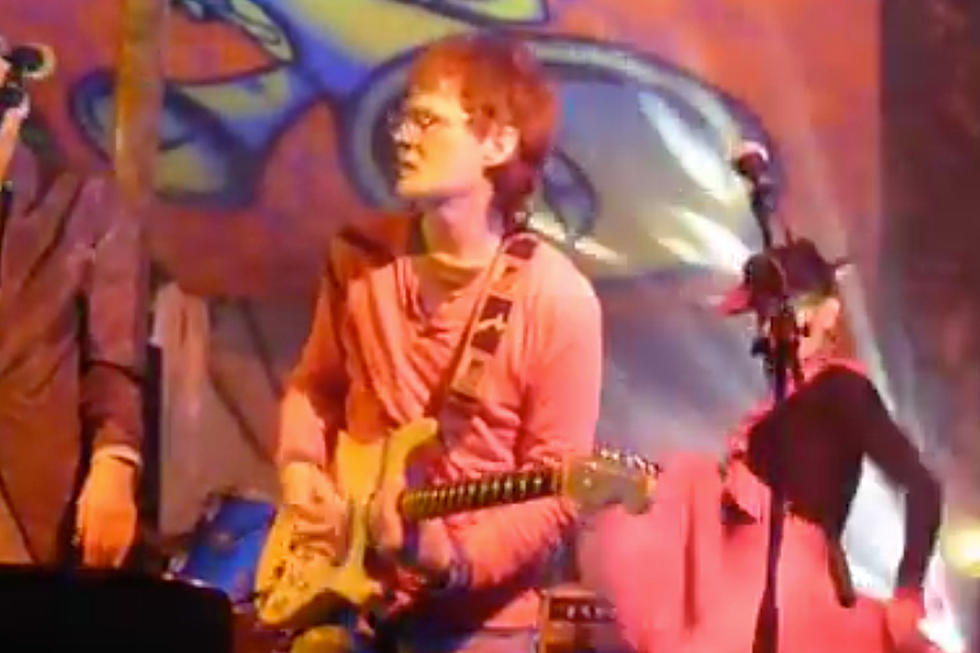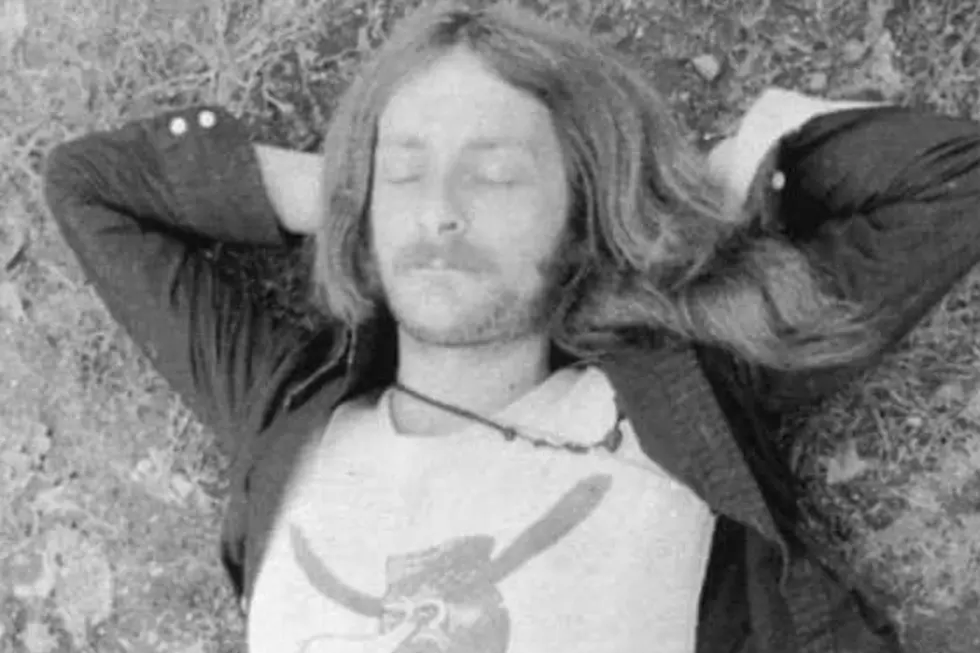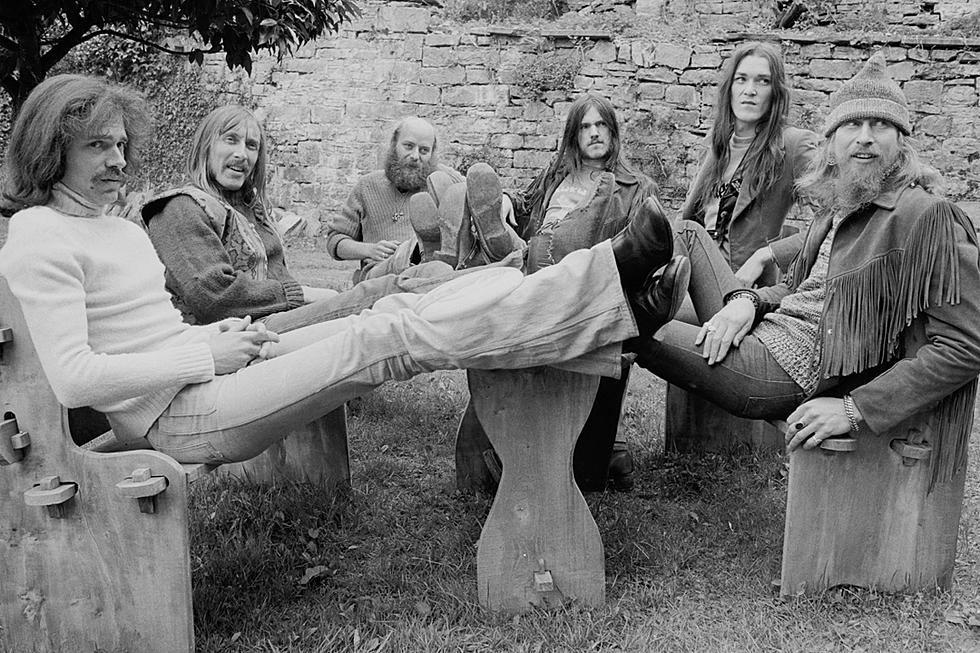
How ‘Doremi Fasol Latido’ Built on Hawkwind’s Early Success
Hawkwind released what many fans consider their finest album, Doremi Fasol Latido, on Nov 24, 1972. Though merely a footnote in the U.S., Hawkwind are legendary among fans of underground rock 'n' roll.
Formed in 1968, they began life playing blues-based rock and roll. That path didn't last long as Hawkwind began to stretch the boundaries of their approach, ultimately hitting on a winning formula. Combining hard-charging rock and roll and spaced-out psychedelia, Hawkwind created their own signature sound, forever to be known as "space rock." While that's selling the beast a little short, the tag sticks to this day.
After releasing a relatively subdued debut album (produced by Dick Taylor of the Pretty Things), things fell into place on the band's second effort, the 1971 release X in Search of Space. Then, in the summer of 1972, the unexpected happened. These long-haired, greasy dopeheads found themselves riding high in the singles chart with a song called "Silver Machine." Sung by their new bass player, Lemmy Kilmister, the song took off and became a surprise hit, riding up to No. 3 on the U.K. chart.
Doremi Fasol Latido kicks off with the supercharged riff monster "Brainstorm," which pummels the listener for close to 12 minutes. It delivers a proto-punk like urgency while gliding skyward the entire drive. This song, possibly more than any other, displays the Hawkwind style full on. As "Brainstorm" flows seamlessly into the next track, "Space Is Deep," we are off on a mellower part of the trip. Synths flutter alongside driving acoustic guitars while we learn that "Space is dark, it is so endless / When you're lost it's so relentless." The song floats in that deep space until the band kicks in full steam ahead.
Listen to Hawkwind's 'Brainstorm'
The rhythm section of Kilmister and drummer Simon King drive the band's sound and rarely let up, while guitarist and group leader Dave Brock is a one-man onslaught. Nik Turner's sax and flute, and the synthesizers of Dik Mik and Del Dettmar add the essential ingredients to the mix to make the classic Hawkwind sound. "Lord of Light" and "Time We Left This World Today" exhibit more dramatic, almost ritualistic rhythms while maintaining that psychedelic glow while "Down Through the Night" moves back to the acoustic driven sound. Kilmister contributes the album's haunting closer, "The Watcher," a song he would record in very different form five years later on the first Motorhead album.
The band's live performances were notorious for the sensory overload of sounds and lights, not to mention large-breasted nude dancer Stacia. Their dates in support of Doremi Fasol Latido spawned what is perhaps the band's best-known recording, the live album Space Ritual.
Hawkwind were far more interesting than the tag of "space rock" would lead one to believe. "We weren't Pink Floyd," Lemmy said in a BBC documentary on the band. "We weren't cute. We were like a black nightmare."
Top 100 Classic Rock Artists
More From Ultimate Classic Rock









